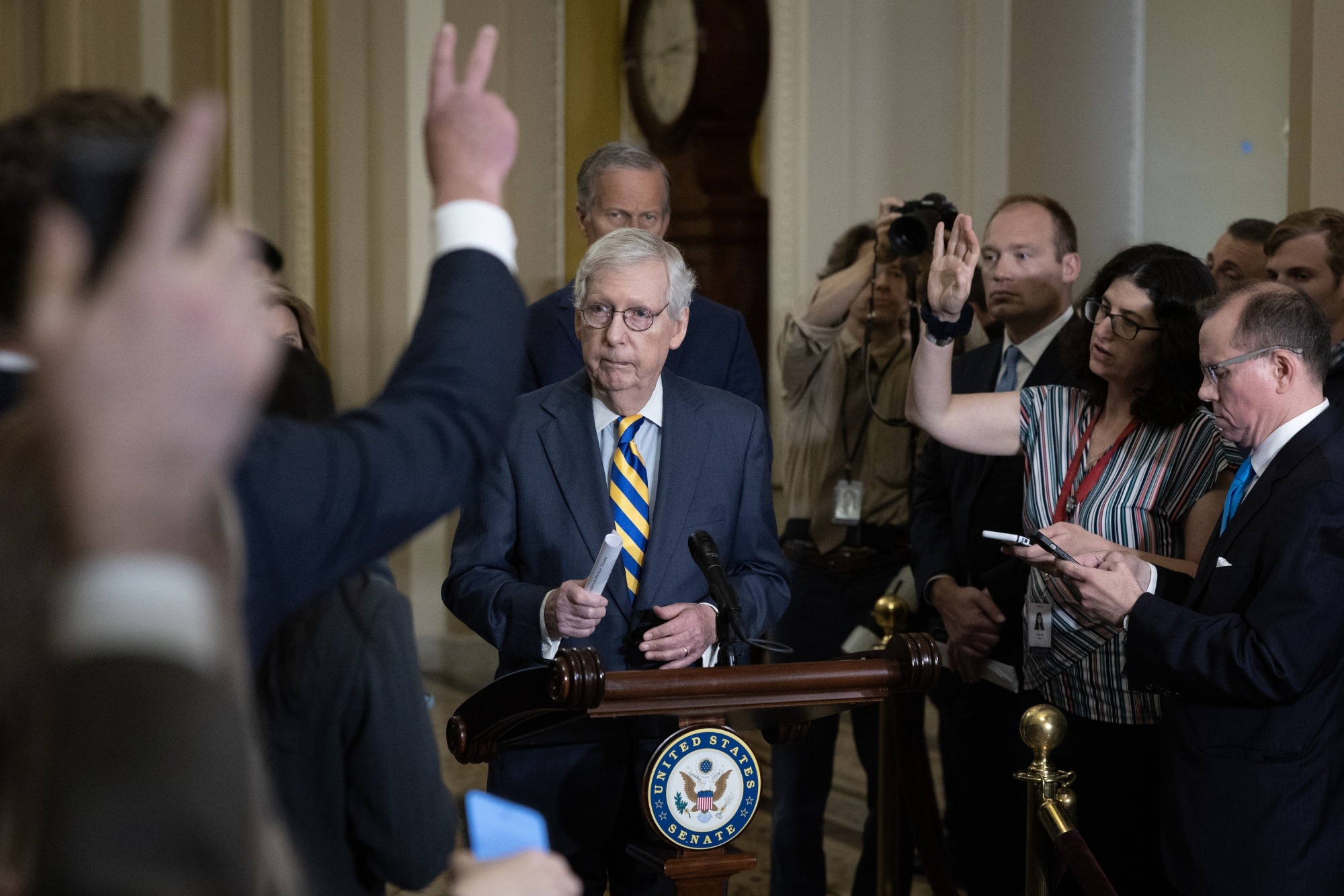Republican Ohio Supreme Court Justice Patrick F. Fischer’s judicial stance may not be as predictable as some might assume, especially following the departure of former Chief Justice Maureen O’Connor.
While Fischer is not typically perceived as a swing vote, recent rulings suggest a willingness to align with the court’s three Democratic justices on certain contentious issues, such as self-defense laws, abortion rights, and workers’ rights.
Fischer is adamant about maintaining his independence and rejects the characterization of him as a swing vote. In an interview, he emphasized that he makes decisions based on his own judgment, asserting, “I am my own boss. No one tells Pat Fischer what to do.”
Ohio GOP Members (Credits: CNN)
Despite occasional alignment with the court’s liberal bloc, Fischer is not poised to become the next Maureen O’Connor, who was known for crossing party lines on significant rulings.
Fischer’s re-election campaign in 2022 underscored his conservative credentials, including remarks comparing Roe v. Wade to past Supreme Court decisions upholding slavery and segregation.
Nonetheless, Fischer has diverged from his party on notable occasions. Last year, he joined Democrats in a ruling requiring changes to ballot language for a measure concerning reproductive rights. He also sided with the liberal justices in cases involving workers’ compensation and judicial misconduct.
GOP Members (Credits: Bloomberg)
Recently, Fischer cast a deciding vote to reverse a felonious assault conviction, demonstrating a nuanced approach to criminal justice issues.
While he supported the outcome, he opted not to sign the main opinion, which allowed the defendant to argue self-defense without intending to harm or kill.
At 66, Fischer faces mandatory retirement in 2028 in accordance with Ohio’s age restrictions for judicial candidates. Freed from concerns about reelection, he remains steadfast in expressing his views without reservation.
As Fischer looks ahead to his remaining tenure on the bench, he remains committed to upholding the principles of justice and fairness, irrespective of political pressures or expectations.
